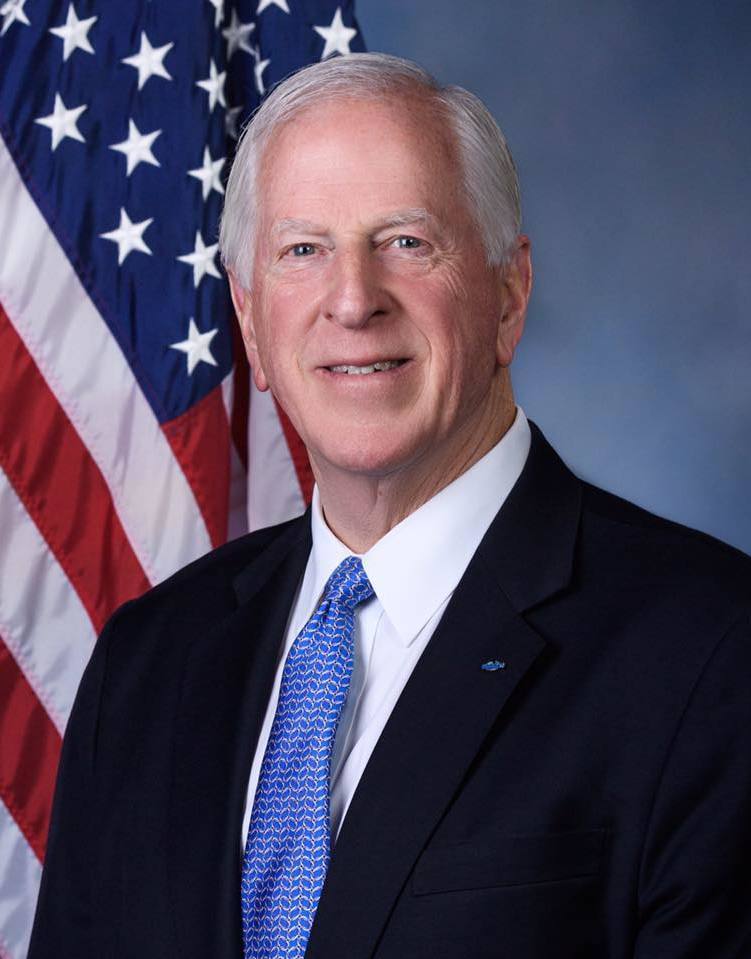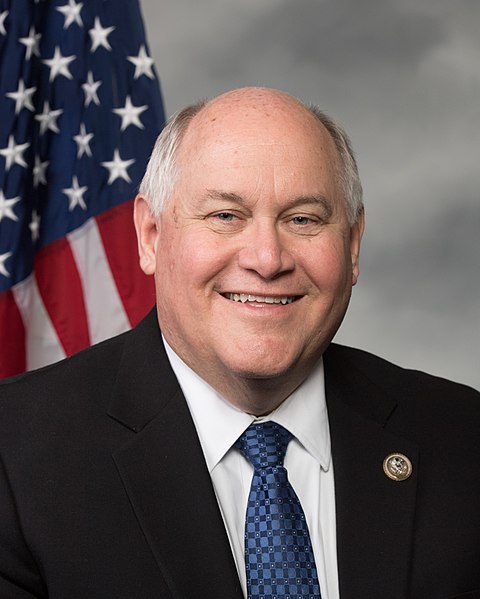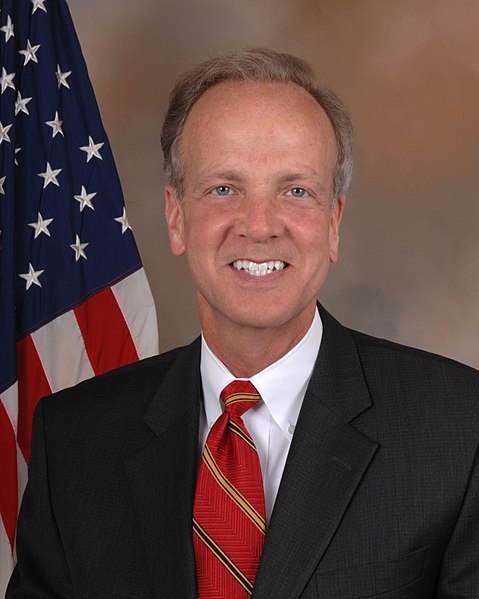Bill aims to extend MLPs to bioenergy, biofuel projects













June 13, 2019
BY Erin Krueger
Sens. Chris Coons, D-Del., and Jerry Moran, R-Kan., and Reps. Mike Thompson, D-Calif., and Ron Estes, R-Kan., reintroduced bipartisan legislation June 13 that aims to give investors in clean energy projects access to the use of master limited partnerships (MLPs).
A MLP is a business structure that is taxed as a partnership, but whose ownership interests are traded like corporate stock on a market. By statute, MLPs are currently only available to investors in energy portfolios for oil, natural gas, coal extraction and pipeline projects.
Information released by Coons explains that these projects get access to larger and more liquid sources of capital than are available for traditionally financed energy projects, making them highly effective at attracting private investment. Investors in clean energy projects, however, have been explicitly prevented from forming MLPs, starving a fast-growing portion of America’s domestic energy sector of the capital it needs to build and grow.
Advertisement
Under the reintroduced legislation, titled the Financing Our Energy Future Act, biomass; renewable fuels; biorefineries; fuel cells; combined-heat-and-power (CHP); carbon capture, utilization and storage (CCUS); solar; wind, marine and hydrokinetic energy; energy storage; waste heat-to-power; and energy efficient buildings would be eligible for MLPs.
The Financing Our Energy Future Act is endorsed by a variety of trade groups, including the American Council on Renewable Energy, Advanced Biofuels Business Council, the Algae Biomass Organization, Biotechnology Innovation Organization, Covanta Energy, and Growth Energy.
“Countless companies are working to secure a sustainable American energy future and reduce our reliance on foreign oil, and it’s important they have the necessary tools to be successful,” said Stephanie Batchelor, acting executive vice president of BIO’s industrial and environmental section. “Unfortunately, today, an antiquated tax provision is preventing environmentally friendly technologies from accessing capital and slowing the transformation to a 21st-century, bio-based economy that will produce clean, affordable energy and create high-quality jobs. With the Financing Our Energy Future Act, we can better finance and foster innovative renewable chemicals and biofuels to combat climate change, provide Americans with low carbon energy, and revitalize domestic manufacturing. BIO thanks Senators Coons and Moran and Representatives Thompson and Estes for recognizing the need to level the playing field and embrace new energy opportunities.”
Advertisement
“This important bipartisan legislation will help create a more robust domestic energy market, importantly allowing a broad range of renewable technologies equal access to important capital financing structures,” added Paula Soos, vice president of government affairs at Covanta. “Covanta applauds Senators Coons and Moran for their leadership on policy which positively impacts renewable energy generation like waste-to-energy, and helps state and local governments achieve resiliency and climate change goals.”
“Including renewable energy like biofuels in an expanded master limited partnership (MLP) tax structure will drive further investment into an industry that is supplying our nation with cleaner, more affordable fuel,” said Emily Skor, CEO of Growth Energy. “This bill will level the playing field with conventional energy sources like petroleum that can currently access and utilize this type of tax structure.”
In the Senate, the Financing Our Energy Future Act is cosponsored by Sens. Angus King, I-Maine; Susan Collins, R-Maine; Tom Carper, D-Del.; Lisa Murkowski, R-Alaska; Martin Heinrich, D-N.M.; Joni Ernst, R-Iowa; Cory Gardner, R-Colo.; Debbie Stabenow, D-Mich., Mike Crapo., R-Idaho; and Michael Bennet D-Colo.
Related Stories
The U.S. Department of Energy Bioenergy Technologies Office (BETO) announced up to $23 million in funding to support research and development (R&D) of domestic chemicals and fuels from biomass and waste resources.
The U.S. DOE has announced its intent to issue funding to support high-impact research and development (R&D) projects in two priority areas: sustainable propane and renewable chemicals and algal system cultivation and preprocessing.
Sens. Sherrod Brown, D-Ohio, and Pete Ricketts, R-Neb., in August introduced the Renewable Chemicals Act, a bill that aims to create a tax credit to support the production of biobased chemicals.
The Chemical Catalysis for Bioenergy Consortium, a consortium of the U.S. DOE’s Bioenergy Technologies Office, has launched an effort that aims to gather community input on the development of new biomass processing facilities.
USDA on March 8 celebrated the second annual National Biobased Products Day, a celebration to raise public awareness of biobased products, their benefits and their contributions to the U.S. economy and rural communities.
Upcoming Events










